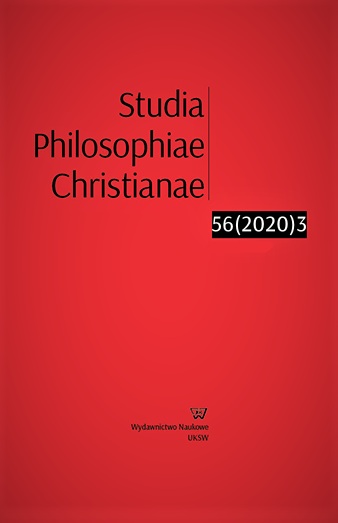Destructive activity in an ecological ethics of co-creation
Destructive activity in an ecological ethics of co-creation
Author(s): Taylor J. OttSubject(s): Christian Theology and Religion, Ethics / Practical Philosophy, Human Ecology, Environmental interactions, Biblical studies
Published by: Wydawnictwo Naukowe Uniwersytetu Kardynała Stefana Wyszyńskiego w Warszawie
Keywords: ecological ethics; co-creator; destruction; ecology; Catholic social teaching; Philip Hefner;
Summary/Abstract: A Christian worldview entreats humans to live in ethical relationship with the natural world; our current ecological crisis makes that call of crucial and immediate importance. If humans, and Christians in particular, are to adequately participate in care for creation, then we must proceed with both ecological and theological knowledge about the natural world. In both scientific and theological analyses, we uncover not only creative processes of growth, but elements of chaos and destruction. The carbon cycle, food webs, and evolution are examples of where the earth’s survival depends upon destructive processes. In parallel fashion, God’s activity in Scripture also entails chaos and destructive activity, such as the flood in Genesis, the wisdom of the Book of Job, and Paul’s reflection on creation in Romans. This article argues that humans, called to be co-creators with God, thus need to integrate destructive activity into our framework of what it means to “cocreate,” thereby participation in creation in a more holistic manner. Far from unleashing unrestricted destruction on the world, such a framework offers ethical guidelines for destroying and creating in ways that support the overall flourishing of the natural world.
Journal: Studia Philosophiae Christianae
- Issue Year: 56/2020
- Issue No: 3
- Page Range: 73-100
- Page Count: 28
- Language: English

